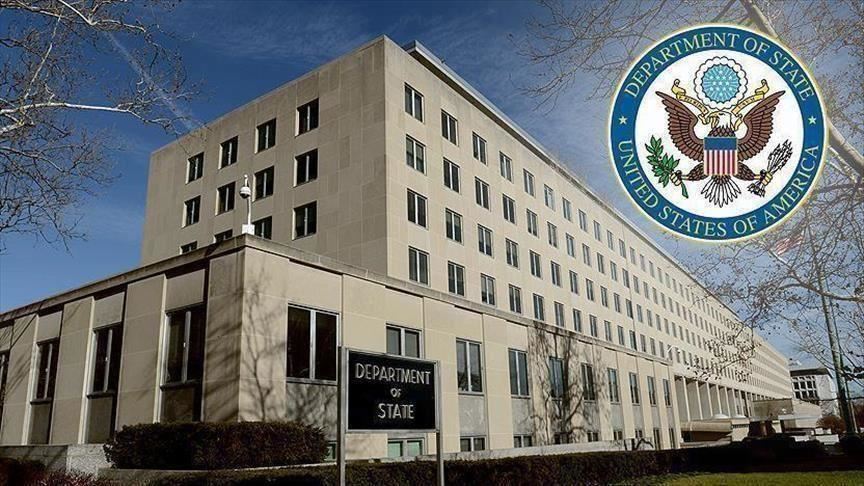
Washington DC
WASHINGTON
The State Department on Thursday ordered the departure of non-emergency U.S. government employees in Sudan following the ouster of longtime President Omar al-Bashir.
In an updated travel advisory, the department said "violent crime such as kidnapping, armed robbery, home invasion and carjacking is common" and warned citizens not to travel to Sudan.
"Terrorist groups in Sudan may harm Westerners and Western interests through suicide operations, bombings, shootings and kidnappings," said the department.
The Sudanese military earlier Thursday announced the removal of al-Bashir, who had ruled Sudan since 1989, and the imposition of a two-year "transitional phase" following mass demonstrations calling for the president to step down.
Defense Minister Awad ibn Auf also announced in a televised statement the imposition of a one-month curfew -- to take effect Thursday evening -- along with a three-month nationwide state of emergency.
The emergency "gives security forces greater arrest and incarceration powers" and authority "to detain and arrest anybody they deem to be undermining public order, including protestors or those suspected of supporting the protests," said the department.
"U.S. government employees must obtain special authorization from the Sudanese government to travel outside of Khartoum," it added.
Ibn Auf further announced the suspension of Sudan’s 2005 Constitution and the dissolution of the Sudanese presidency, parliament and council of ministers.
He was sworn in Thursday as chairman of the new Military Transitional Council established to run the country’s affairs during the post-Bashir interim phase.
Kamal Abdul-Marouf Al-Mahi, chairman of the Joint Staff Command, was sworn in as deputy chairman.
Sudanese opposition parties and professional associations voiced "total rejection" of what they described as a "military coup".
Al-Bashir came to power on the back of a 1989 military coup against the democratically-elected government of Prime Minister Sadiq al-Mahdi.
Anadolu Agency website contains only a portion of the news stories offered to subscribers in the AA News Broadcasting System (HAS), and in summarized form. Please contact us for subscription options.







